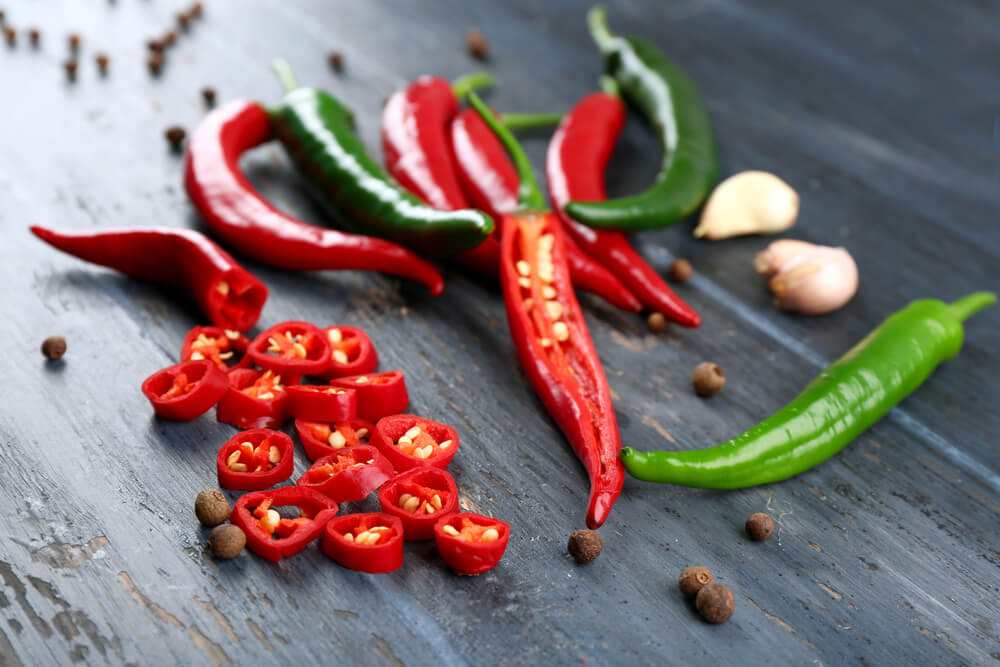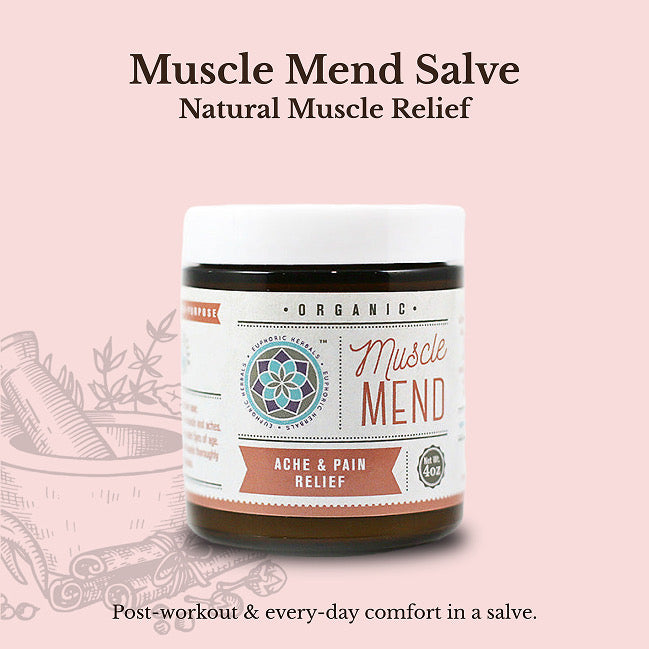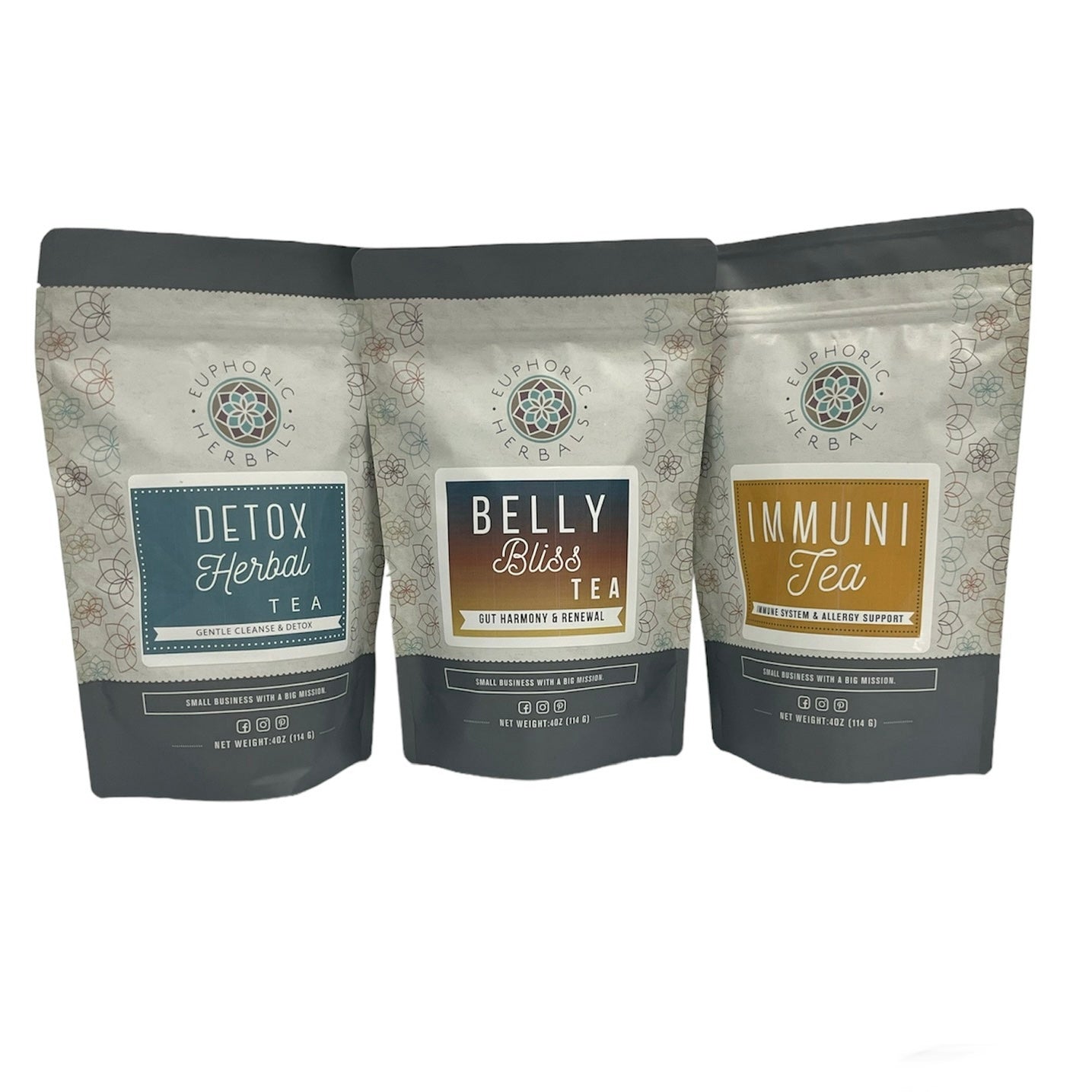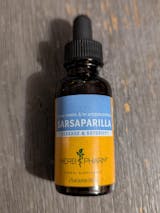If you're looking for a fiery tonic to boost immune strength going into fall and winter, look no further than fire cider. This traditional remedy has been around for hundreds of years (maybe more) and is still going strong.
Every herbalist seems to have their own slightly different version of fire cider that they prefer to make. However, the main ingredients stay the same and are what gives this remedy its wellness-boosting power.
Here's more about what fire cider is, how it can help your body, and how to make your own at home.
What Is Fire Cider?
Fire cider is an herbal concoction that uses pungent and spicy herbs infused into apple cider vinegar. The exact recipe will vary, but the main "backbone" herbs are typically garlic, onion, horseradish, and ginger. Hot peppers are also frequently added, either fresh or powdered.
With this lineup of ingredients, it's not hard to tell where fire cider gets its name from. It does get toned down a little by the addition of honey, but it's still not something you'll be drinking by the glass full.
You can keep fire cider on hand all year round, but it traditionally gets used the most when cold and flu season arrives. It's not hard at all to make your own (it just takes time), but you can also buy a quality fire cider if you don't have time to make it.
(In case you're wondering, there's no alcohol in fire cider. It's not steeped long enough for fermentation.)
Top Health Benefits of Fire Cider
To learn more about the most significant benefits of fire cider, it's easiest to look at the individual ingredients and what they bring to the table.
Garlic: Immune-Boosting & Antimicrobial

Garlic is a powerful herb for your immune system. It can strengthen immune function, and some studies show that it reduces the severity of colds and flus. This is due, in large part, to its main compound known as allicin. (1)
Garlic also has antimicrobial properties, including antibacterial, antifungal, and antiviral action. This means that it may help your body to fight off certain types of infection. (2)
Ginger: Digestive Aid & Decongesting
Ginger brings a lot of heat to fire cider as a warming herb. It boosts circulation and also stimulates digestion, making it beneficial if you have a sluggish digestive tract or perhaps ate too much at a meal. (3)
Like garlic, ginger has immune-boosting properties. It's also a good herb to have on hand if you get a cold or the flu because it has natural decongesting effects. To top it off, ginger has antimicrobial properties that seem to be especially powerful against respiratory viruses. (4)
Onions: More Immune-Strengthening Power
Like garlic, onions contain the compound allicin that has immune-boosting properties. They also contain sulfur compounds, antioxidants, vitamins, and minerals that further support overall health.
It may surprise you to learn that onions also contain a decent amount of vitamin C, another nutrient that is great for the immune system.
Horseradish: Opens Your Sinuses
If you've ever eaten horseradish, you probably know its sinus-opening power for yourself. It's a very pungent herb that can help you breathe easier, particularly if you feel congestion coming on.
Horseradish also has strong antioxidant and antimicrobial properties (plus vitamin C!) that contribute to even more immune-enhancing power. (5)
Hot Peppers: Stimulate Digestion & Circulation

Just in case fire cider wasn't spicy enough with all the previous ingredients, most recipes also call for hot peppers. Cayenne and jalapenos are the most popular and each have similar benefits.
Cayenne, for example, contains capsaicin- the compound that gives it so much heat. Capsaicin works in the body to stimulate circulation and digestion. It does the latter mainly by encouraging the production of digestive fluids and enzymes that help your body digest better. (6)
Of course, peppers also have their own immune-boosting power and include a lot of nutrients like vitamins A and C.
Citrus: Extra Vitamin C for Immune Health
Not all fire cider recipes include citrus, but some do (particularly in the form of oranges). This adds even more vitamin C and other antioxidants to the tonic, which is great for your immune system.
Raw Honey: Preservative + Live Enzymes
Raw honey has many health benefits that often get overlooked. It's mainly used in recipes like this one as a preservative because of its natural antimicrobial properties and sugar content, but honey also has a lot more to offer. (7)
For example, raw honey contains a bunch of enzymes, nutrients, and other compounds that get killed when pasteurized honey is processed. It's full of antioxidants and is also good for your digestion because it acts as a prebiotic.
Honey also helps to tone down the fire cider a little and gives it a great sweetness to complement the heat.
Raw Apple Cider Vinegar: What Can't It Do?

Apple cider vinegar has so many uses that it's hard to keep track of them all. In this case, vinegar is what all of the other ingredients (except the honey) are infused into. It extracts all the goodness from the herbs and brings its own sharp, sour flavor to the fire cider.
Raw apple cider vinegar (which is the best choice) also has antimicrobial properties and helps with digestion (as long as you don't overdo the acid).
Adding It All Up
You probably have a pretty good idea of the benefits of fire cider by now, but here's a quick summary.
Overall, fire cider is most used for its immune-boosting power. It also acts as a digestive aid, especially if your digestion is slow and "cold." Other benefits include improving circulation, clearing out your sinuses, relieving congestion, and providing your body with antioxidants and nutrients.
How to Make Your Own Fire Cider
If you don't have the time to make your own, there's nothing wrong with buying a good quality fire cider. However, if you do have the time, you only need a few simple ingredients to make it.
Keep in mind that you have a lot of freedom to make this basic recipe your own, so just use the following as a general guideline and inspiration.
Ingredients:
- 4-5 cloves of garlic (or a whole bulb)
- 1 medium to large onion
- 3-4 tablespoons horseradish root
- 3-4 tablespoons ginger root
- 1-2 hot peppers (depending on spice preference)
- A few citrus slices (optional)
- Apple cider vinegar
- Raw honey
Instructions:
- Roughly chop or grate all the herbs/vegetables and add them to a wide-mouth quart jar.
- Gently warm the apple cider vinegar in a pan (don't simmer or boil). Then, pour it over the herbs so that they are completely covered.
- Put a lid on the jar and set it somewhere out of direct sunlight for 3-4 weeks. Shake it every few days, and add more vinegar if needed to always keep the herbs submerged.
- Strain out the herbs (you can use them to flavor soup or stew) and add honey to taste.
- Transfer to a clean glass jar and store in a cool, dark location.
Herbal Add-ons

After you make fire cider a few times, you may want to experiment with adding more herbs of your choice. Here are some ideas:
- Turmeric (detoxifier and lowers inflammation)
- Astragalus (adaptogen and immune-enhancing)
- Rosemary
- Thyme
- Black Pepper (sinus clearing)
- Lemongrass
- Lemon/lime slices or juice
How and When to Take Fire Cider
You don't have to wait for a special occasion to use or make fire cider. It can even be used as a pungent salad dressing and in similar culinary ways, but it's always good to have some on hand as a remedy during cold and flu season.
If you want to, you can take a teaspoon or two a day to give your immune system a boost. Some people like to take it straight, but you can also mix it into warm water, juice, etc.
Herbalist Rosemary Gladstar also recommends taking 1-2 tablespoons of fire cider at the first sign of a cold and continuing to take a tablespoon or two every 3-4 hours while you're sick. (Medicinal Herbs: A Beginner's Guide, pg. 74)
Precautions
There aren't any major precautions for fire cider. The biggest thing to remember is that fire cider is hot. If you have symptoms of heat in your body, like a hot and inflamed digestion, fire cider may make these worse, so listen to what your body is telling you.
Empower Your Immune System With Fire Cider
Now you know exactly what fire cider is and how it can boost your immune system (not to mention all of its other benefits). If you've never tried it, it's a perfect fall/winter remedy that adds some heat (literally) to the colder months.
Why not try making your own and experience all this traditional remedy has to offer?!
Disclaimer: This post is for informational purposes only. It does not constitute medical advice and should not be substituted for medical advice. Please consult your health care provider, herbalist, midwife, or naturopathic physician before taking herbs, supplements, etc. Here's the link to our full disclaimer.




























































































































































































